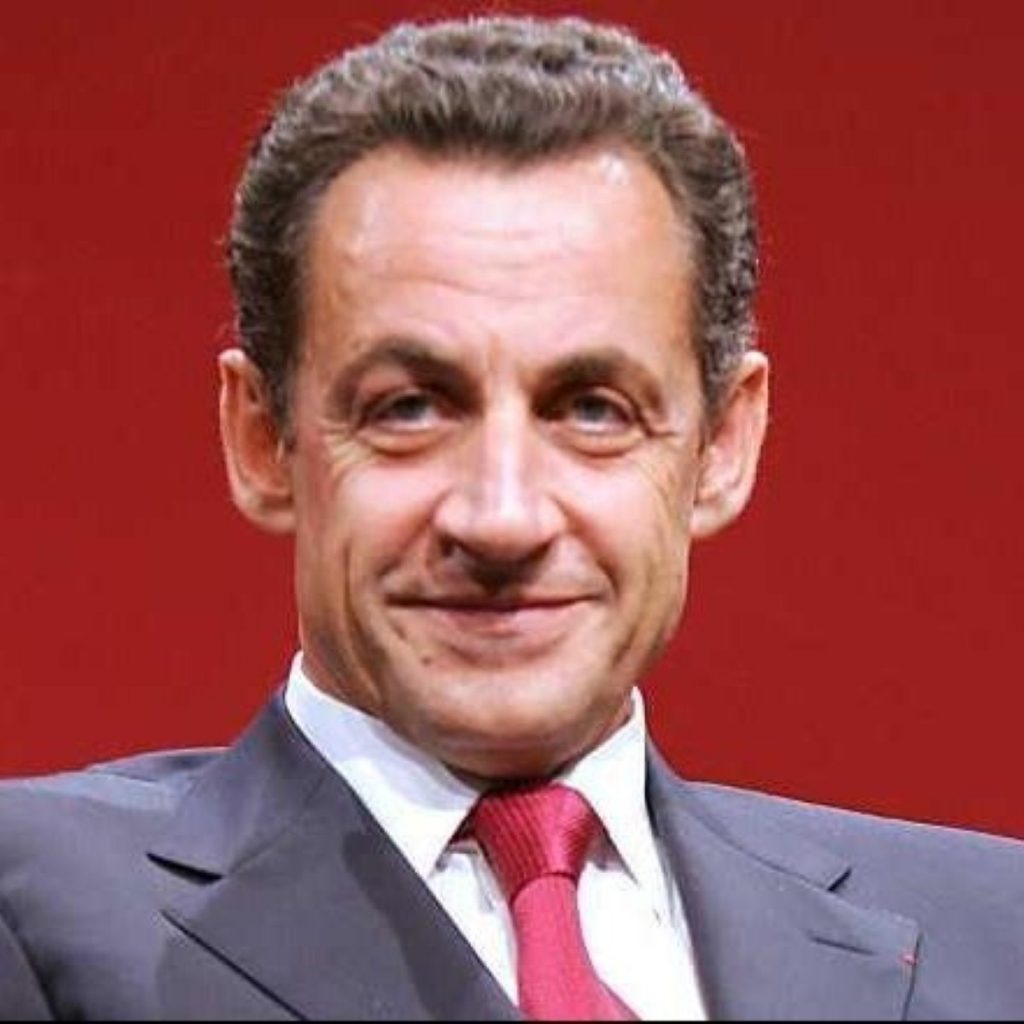President Sarkozy calls for “friendly” relations on state visit
French president Nicolas Sarkozy is embarking on a two-day state visit to the UK.
The French head of state will address both Houses of Parliament before holding talks with Gordon Brown.
He will also attend a banquet at Windsor Castle hosted by the Queen, as Britain marks the first state visit from a French leader for 12 years.
Carla Bruni, the president’s new wife, will accompany him throughout the state visit and is schedule to have lunch with Mr Brown’s wife Sarah at Downing Street.


Mr Sarkozy has called for the UK to work “hand in glove” with the French and said he hopes the nation’s relationship can progress from cordial to friendly.
The prime minister is expected to announce new cooperation with the French to tackle illegal immigration, specifically improving security at Calais.
The pair are also set to outline plans for a UK-French partnership to export nuclear power around the world.
Mr Brown will meet with President Sarkozy at the Emirates stadium in north London, where the pair will discuss a range of issues including terrorism, Afghanistan and global finances.
Speaking to BBC’s Today programme ahead of his arrival, Mr Sarkozy called for a new “Franco-British brotherhood”.
He said the two nations’ famous “entente cordiale” should become an “entente” of friendship.
“It has been long enough now that we have not been at war, that we are not wrangling,” Mr Sarkozy explained.
“Perhaps we can move from being cordial to being friendly – that’s my first message.
“My second message is that this friendship shouldn’t simply be a matter of principle. I want [it] fleshed out by concrete projects on the economy, immigration, security, defence.”
Mr Sarkozy said he “perfectly understood” Britain should wish to retain its special relationship with the US.
“But that doesn’t stop Britain from taking its rightful place in Europe,” he said.
The president argued Europe needed Britain, “its language, economy and defence”.
Addressing critics of the EU treaty, he said the treaty respects differences and Britain will not be asked to change its identity.

